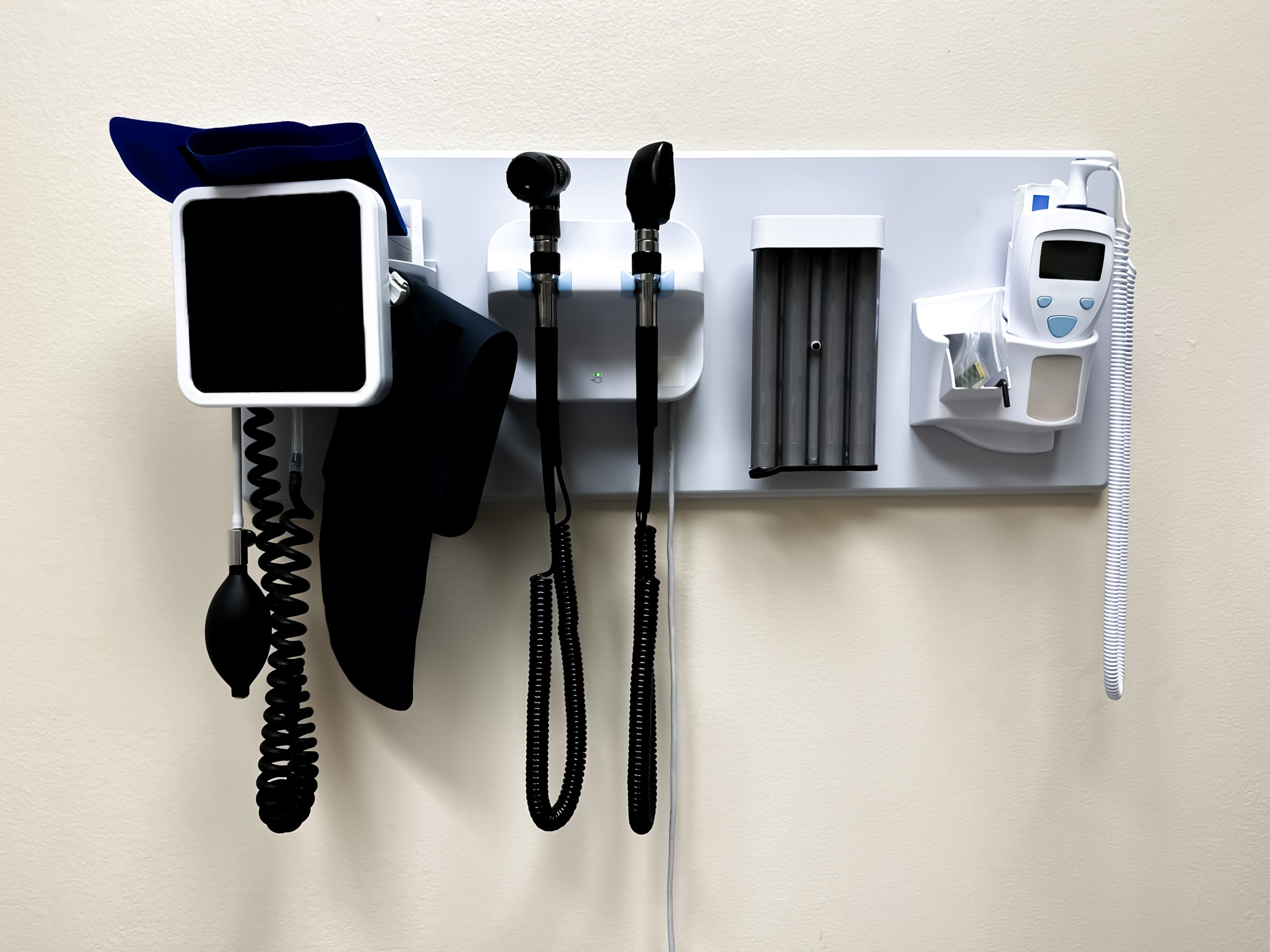
Abortion restrictions affect women’s health in more ways than one. According to a new study published in JAMA, simply living in a state that limits access to abortion is linked to worsened symptoms of anxiety and depression in women of childbearing age.
To find this pattern, a team at Johns Hopkins University analyzed responses from more than 700,000 people to the U.S. Census Household Pulse Survey between Dec. 2021 and Jan. 2023. The survey asked people to rank their anxiety and depression symptoms on a scale of 0 to 4, allowing the research team to assign averages to various groups across the three time periods they looked at.
They were primarily interested in what happened to the mental health of women ages 18 to 45—a window they defined as childbearing age—after the U.S. Supreme Court eliminated the federal constitutional right to abortion in June 2022. They zoomed in on women who lived in 13 states with so-called “trigger laws,” or preemptive abortion bans designed to snap into effect after Roe v. Wade was overturned.
From June 2022 through the end of the year, these women had larger increases in depression and anxiety symptoms than those in the 37 other states. “The pattern is abundantly clear,” says Jennifer Payne, professor and vice chair of research in the University of Virginia’s department of psychiatry and neurobehavioral sciences, who was not involved with the study. The finding reinforces that the Supreme Court’s decision “was a shock,” she says. “This is not something that most women were expecting.”
Several previous studies have drawn associations between restrictive abortion laws and poorer mental health, one of which found a 10% increase in the prevalence of mental distress in women who faced the possibility of losing abortion rights in the months after the Supreme Court’s decision.
Though the symptoms of anxiety and depression included in the study were limited to those below the threshold for diagnosis of depressive or anxiety disorders, Payne says she would expect that the same pattern might appear in diagnostic data as well. “We know that the effects of abortion refusal increase the risk for the development of major depression,” she says.
Read More: What Abortion Laws Look Like in the U.S. One Year After the Fall of Roe v. Wade
There are many reasons why a woman might be negatively affected by abortion restrictions even without needing the procedure, says Payne. “Most women, whether they're under the age of 45 or not, felt that this was a misogynistic attack on their rights,”she says. The study’s authors also point out that abortion restrictions could spur fears about further governmental attempts to control womens’ health, such as limiting access to contraception.
Other patterns emerged from the data as well. In a result that Payne called “terrible, but slightly funny,” the study’s authors found no statistically significant difference between anxiety and depression symptoms in men across states or time frames.
Questions remain about what future data might show. The newest survey data included in the study was collected a year ago; has women's mental health declined further during that time? “Certainly, the trigger states are having horrendous outcomes—doctors are leaving the states, people are being charged inappropriately for things,” Payne says. Based on that, one might expect the gap to widen, she says, but it’s also possible that the discrepancy in the study represents an initial shock felt by women in trigger-law states that’s since abated. Other states, too, have written and enacted new abortion restrictions since Roe was overturned, which may have impacted women in untold ways.
What is clear so far, says Payne, is that abortion restrictions have significant public-health impacts beyond the realm of women's reproductive health.
More Must-Reads from TIME
- Why Biden Dropped Out
- Ukraine’s Plan to Survive Trump
- The Rise of a New Kind of Parenting Guru
- The Chaos and Commotion of the RNC in Photos
- Why We All Have a Stake in Twisters’ Success
- 8 Eating Habits That Actually Improve Your Sleep
- Welcome to the Noah Lyles Olympics
- Get Our Paris Olympics Newsletter in Your Inbox
Contact us at letters@time.com